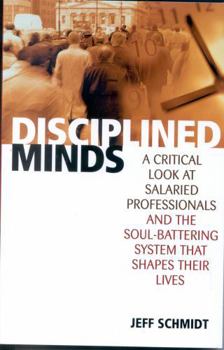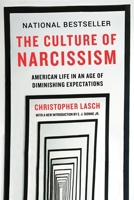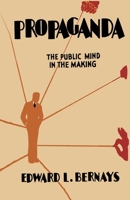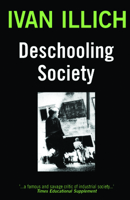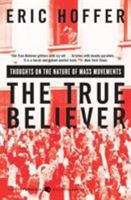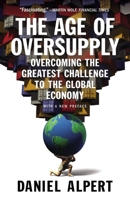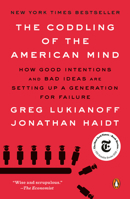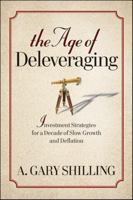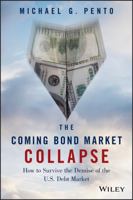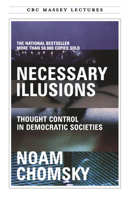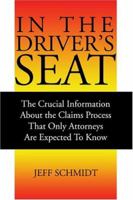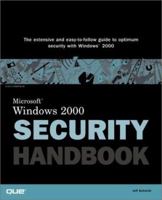Disciplined Minds: A Critical Look at Salaried Professionals and the Soul-Battering System That Shapes Their Lives
Select Format
Select Condition 
You Might Also Enjoy
Book Overview
This book details the battle one must fight to be an independent thinker, showing how an honest reassessment of what it means to be a professional in today's corporate society can be remarkably liberating. Poignant examples from the world of work reveal the workplace as a battleground for the very identity of the individual. Schmidt contends that professional work is inherently political-that the unstated duty of professionals is to maintain strict...
Customer Reviews
Rated 5 starsVery Important Book
Disciplined Minds is one of the most important books I have read in quite some time. Conceptually the author captures the great deal of frustration and dissatisfaction of practically every person I know in a professional work environment or in graduate school.
1Report
Rated 5 starsA must read for all students
It took me three days to read this book. I could not put it down...I took it with me everywhere and have told everyone I know about it. The level of insight into the motivations of professional training schools is right on the mark. I am currently a graduate student as well as an employee at a major university. I can see first hand the professionalization (read indoctrination) of the graduate student. I can also see with more...
1Report
Rated 5 starsExcellent - incisive and long overdue
First, Jason Hong's review must be addressed. _Disciplined Minds_ is not a "Marxist" book in any way shape or form. It is more anarchistic, but only as Noam Chomsky would describe it: something that calls into question any sort of irrational authority and questions it.Mr. Schmidt's witty analysis of two-year "professional training schools" - which he rightfully calls "professional rip-off academies" - is far from Marxist...
1Report
Rated 5 starsThought Provoking and Oh-So-True
...there is much more to this book than "a few nuggets ... hidden deeply beneath the author's severe distortations and biases". The author's premise is that any professional's work is inherently political, and Mr. Schmidt efficiently proves this to be true even for the most seemingly "pure" sciences. And as it's prevalent among physics researchers, it is even more distinct for the corporate professional. While Mr. Schmidt's...
1Report
Rated 5 starsA new way of seeing what you should have known all along.
In a way it's obvious. In an industrial society, large organizations need some technically skilled people who can be relied upon to look after the organization's interests. Whether you're a lawyer, accountant, teacher, or whatever else -- to the extent that your work is unsupervised, information-intensive, and varied in its details, your employer counts on you not just to follow his direct orders, but to give yourself...
1Report











